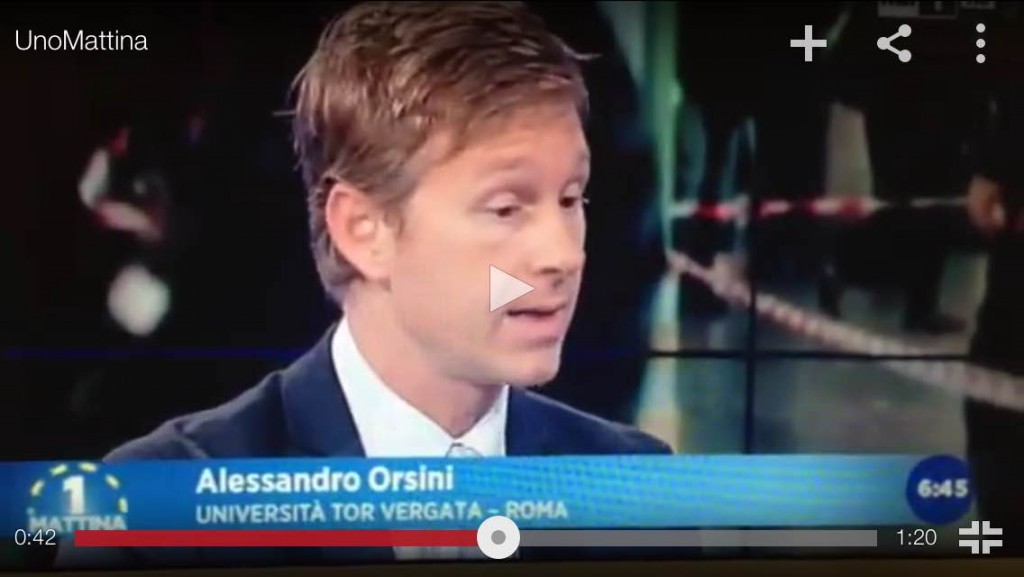
Saudi women have just achieved the right to vote. Sociologist Mona Salahuddin Al-Munajjed showcases the power and roles of such Saudi women through her books and her work with on social issues with the United Nations.
Al-Manajjed told Arab News,
There is a huge misconception and misunderstanding in the rest of the world about the status of women in Saudi Arabia, which I realized while pursuing my higher studies in the United States and traveling abroad subsequently.
In the book, Saudi Women: A Celebration of Success, Al-Manajjed interviews those who “have made a difference in society with their education, professionalism, socioeconomic impact and contributions to the Kingdom, becoming a role model and an inspiration for the younger generations.”
Throughout, she introduces readers to educators, businesswomen, bankers, doctors, scientists, philanthropists, writers, actors, and decision makers, giving a glimpse into their lives and achievements. Consider another major advancement for Saudi women’s rights: new entrée into the Shoura Council. That change was driven by driven women.







